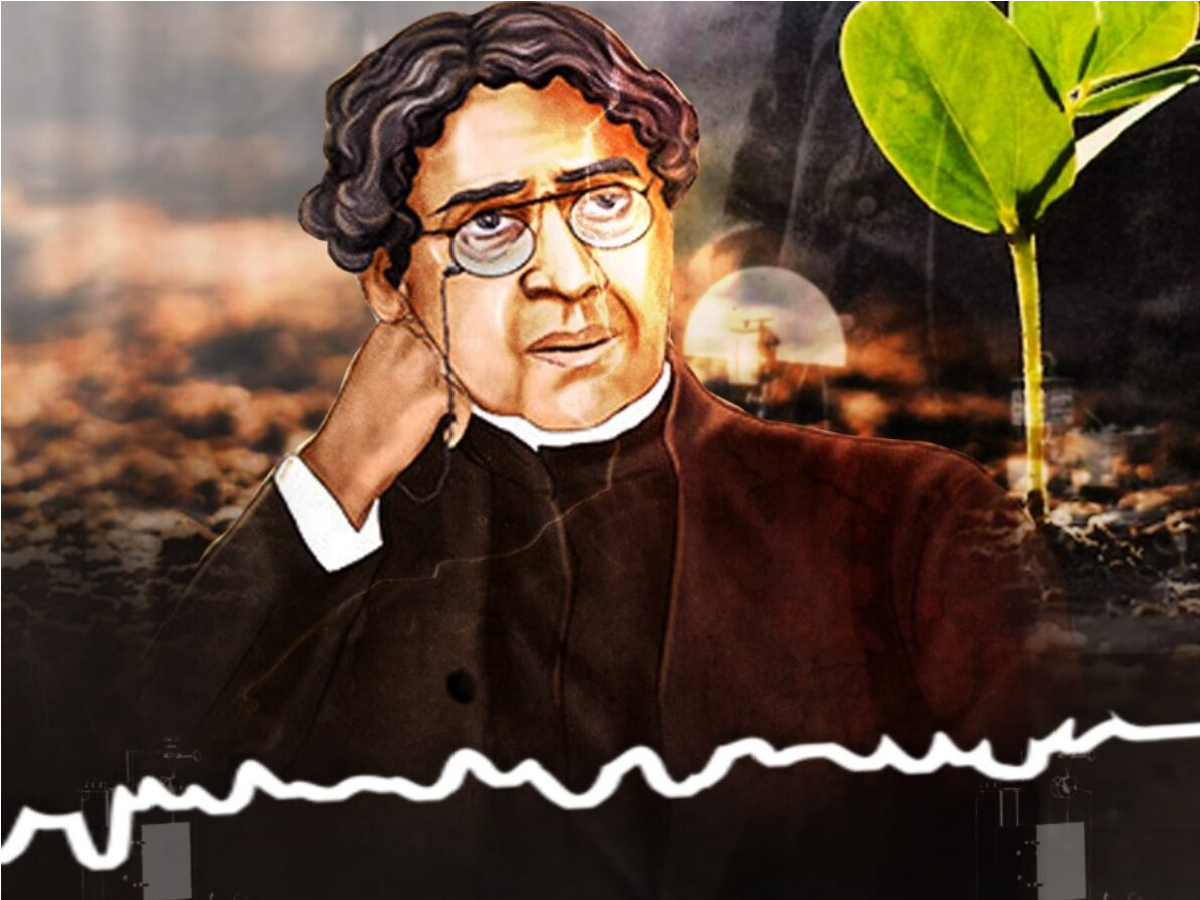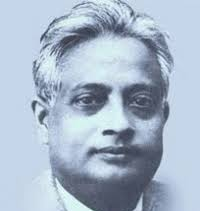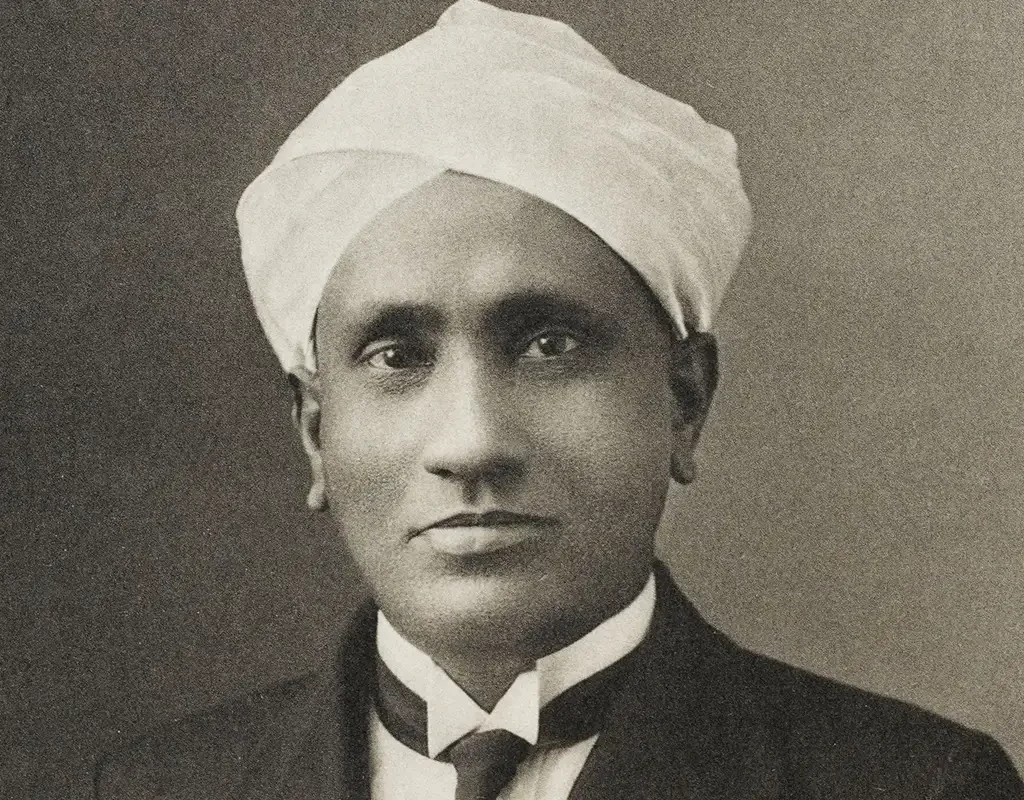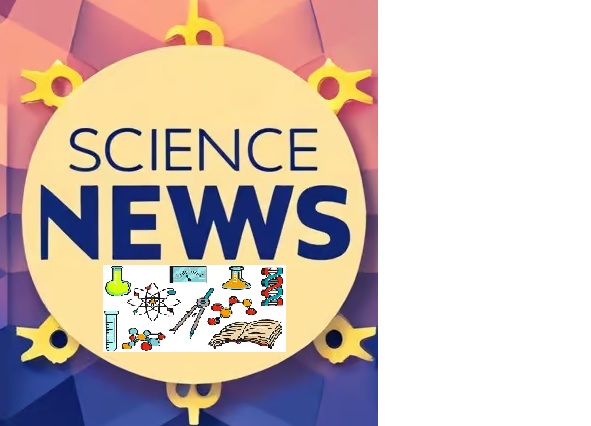Get Readymade Notes for your Graduate course(Both for B.Sc. and M.Sc., Physics )
GREAT INDIAN SCIENTISTS

Sir Jagadish Chandra Bose (born November 30, 1858, Mymensingh, Bengal, India (now in Bangladesh)—died November 23, 1937, Giridih, Bihar) was an Indian plant physiologist and physicist whose invention of highly sensitive instruments for the detection of minute responses by living organisms to external stimuli enabled him to anticipate the parallelism between animal and plant tissues noted by later biophysicists. Bose’s experiments on the quasi-optical properties of very short radio waves (1895) led him to make improvements on the coherer, an early form of radio detector, which have contributed to the development of solid-state physics. Free ebook

The S. N. Bose National Centre for Basic Sciences is an autonomous research institute engaged in research in basic sciences. The institute was founded under Department of Science and Technology, Government of India in 1986 as a Registered Society. The Centre was established to honour the life and work of Professor S. N. Bose who was a colossal in theoretical physics and has made some of the most fundamental conceptual contributions in the development of Quantum Mechanics and Quantum Statistics. The Centre has emerged as a major institution for research and development in Basic Sciences. Free ebook

Chandrasekhara Venkata Raman was born at Tiruchirappalli in Southern India on November 7th, 1888. His father was a lecturer in mathematics and physics so that from the first he was immersed in an academic atmosphere. He entered Presidency College, Madras, in 1902, and in 1904 passed his B.A. examination, winning the first place and the gold medal in physics; in 1907 he gained his M.A. degree, obtaining the highest distinctions.



